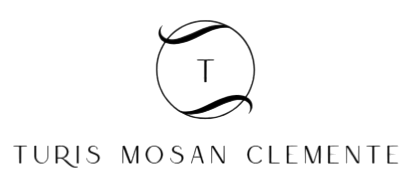Learning from experts has traditionally been an expensive endeavor, often requiring thousands of dollars in course fees, consultations, or memberships. But in today’s digital age, you no longer need to pay expert-level prices to gain expert-level knowledge. With the democratization of information and the widespread availability of quality content online, anyone with motivation and a good internet connection can access insights from top professionals in nearly every field. The key lies in knowing where to look, how to filter credible sources, and how to apply what you learn effectively. First, consider the rise of free and low-cost learning platforms. Websites like Coursera, edX, Khan Academy, and even YouTube offer courses and tutorials from world-renowned universities and seasoned professionals. These platforms often allow you to audit classes for free, paying only if you want a certificate. From data science and graphic design to marketing and psychology, there is a wealth of expert content available at little to no cost. Podcasts are another goldmine.

Many industry leaders regularly share their thoughts, strategies, and advice in podcast interviews completely free to listeners. You can absorb the lessons of billionaires, authors, scientists, and CEOs during your daily commute or workout. Books, both physical and digital, continue to be among the most affordable and high-value learning tools. For the price of a single lunch, you can access a decade’s worth of knowledge distilled into a few hundred pages. Libraries and apps like Libby or Scribd offer access to thousands of books and audiobooks, many of which are written by top experts in their fields. Blogs, newsletters, and online articles by thought leaders are also useful for staying updated with the latest trends and deepening your expertise over time. Social media, if used wisely, can be another educational powerhouse. Platforms like LinkedIn, Twitter, and even Instagram are filled with industry veterans who regularly share insights, case studies, and lessons learned from real-world experience.
By following these experts and engaging with their content, you can keep your knowledge fresh and practical. Additionally, online communities and forums such as Reddit, Quora, and specialized Discord or Facebook groups provide interactive environments where you can ask questions, share ideas, and get feedback from both peers and professionals. Mentorship does not always have to come with a price tag either. Many professionals are willing to offer guidance if approached respectfully and genuinely. Sometimes, volunteering your time, offering to help on a project, or simply expressing curiosity can open doors to valuable mentoring relationships. Finally, GRCourse taking consistent, small actions to apply what you learn is the secret ingredient. Consuming information is one thing; implementing it in real life is where real expertise begins to grow. You do not need to spend a fortune to access world-class knowledge anymore. With a strategic approach, curiosity, and persistence, you can learn directly from experts and sharpen your skills all without breaking the bank.
